On October 7, the SB Rescue Mission (SBRM) hosted its always enjoyable annual Bayou fundraiser, which netted about $600,000 for its transformational Residential Treatment Programs and its crucially important Homeless Guest Services Program.
The Big Waves on the Bayou-themed event was held at the water’s edge at Rancho Dos Pueblos, an idyllic setting rarely open to the public. The 300+ guests socialized, perused a 161-item silent auction, and enjoyed Beach Boys tunes performed by the Idiomatiques.
Upon being seated for the late afternoon dinner, guests were welcomed by Board President Rolf Geyling, who related how each year, the SBRM honors a significant partner in addressing homelessness and this year it is Barney Melekian. Mayor Randy Rowse presented the award to Melekian, whose roles in Santa Barbara have included interim police chief and undersheriff. Geyling praised Melekian as a thoughtful, skillful, and compassionate leader and partner.
Melekian’s career spanned more than 50 years and included Pasadena police chief. He is recognized as an expert in value-based discipline in law enforcement and has served nationally in a multitude of leadership, consultant, and lecturer roles.
In relating to guests SBRM’s mission, Geyling stated that “at our core, we are a group of people with a calling to serve people who are struggling.” Donors, he noted, are a key part of this group, since SBRM receives no public funding. Donations enable staff to provide meaningful help, according to Geyling, to some of the most desperate people in our community.
Geyling shared how the Rescue Mission has grown, doubling its budget over the past 15 years to $4 million, with expanded facilities and clinical capacities to address the complexities of homelessness and addiction.
Geyling noted the increase in homelessness in Santa Barbara, the formidable physical infirmities and mental illness some of these individuals are stricken with, and the epidemic level addiction has reached. He explained how SBRM’s shelter program is designed both to meet basic needs and to be a starting point for transformation.
SBRM provides food and shelter 365 nights a year through its Homeless Guest Services Program. To treat addiction, it has separate Men’s and Women’s 12-month Residential Treatment Programs.
Geyling unveiled a pilot transitional shelter program, designed for those who are homeless but not an addict. In this program, clients will receive focused case management for an extended period of time. He emphasized these clients’ need for stability and that these are “struggling individuals who desperately need help. And nothing is more inspiring than to see someone rediscover their God-given value and how this can spur them to incredible transformation and hope.”
A Residential Treatment Program graduate shared her poignant story of addiction and recovery, thanks to SBRM’s program. Board Chair Joyce McCullough remarked that “the healing and transformation that has taken place in her life is an outstanding example of nearly 1,000 people who have completed the Rescue Mission’s year-long treatment program.”
McCullough pointed out the cost effectiveness of SBRM’s programs. Nationally, the average monthly cost for rehab is $19,000, which translates to $228,000 for a year, while the efficient, nonprofit Rescue Mission’s cost is only $34,000 for a year. A full year, McCullough noted, is necessary to deal with complexities of substance abuse.
Last year, 58 men and 26 women entered the Residential Treatment Programs. Its Homeless Guest Services program provided shelter, on average, to 68 men and 31 women each night last fiscal year. Almost every night, it operates at full capacity and occasionally has to turn people away for lack of space.
The Women’s Auxiliary, with 40 active members, puts on this fundraiser each year and assists the Rescue Mission in multiple other ways throughout the year.
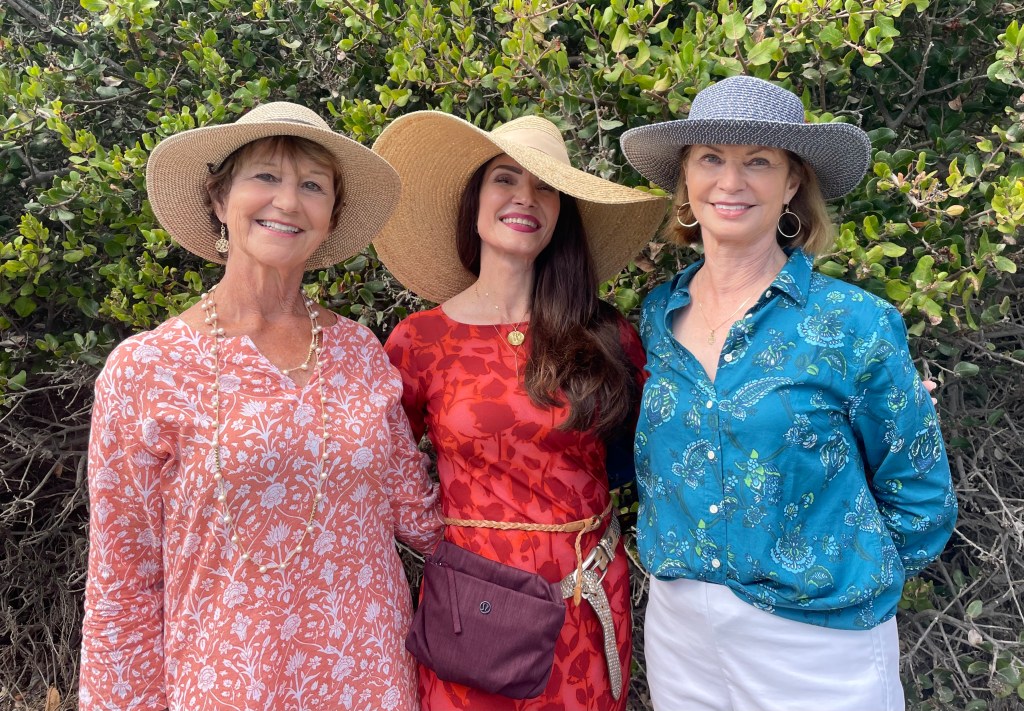
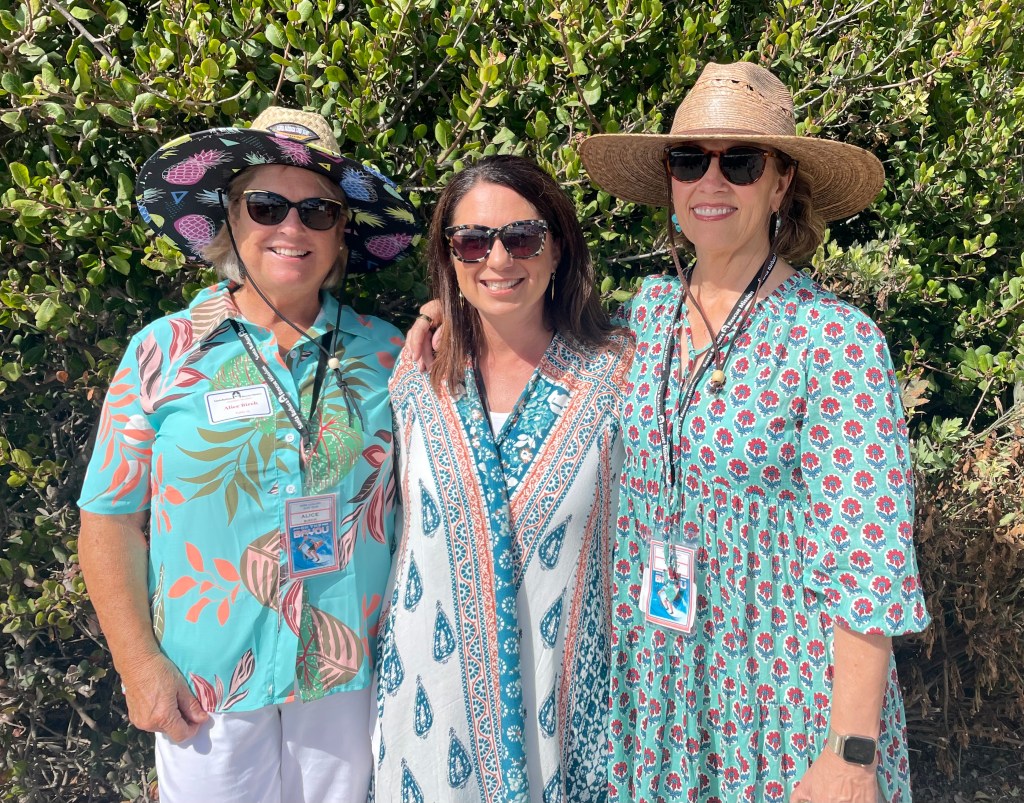

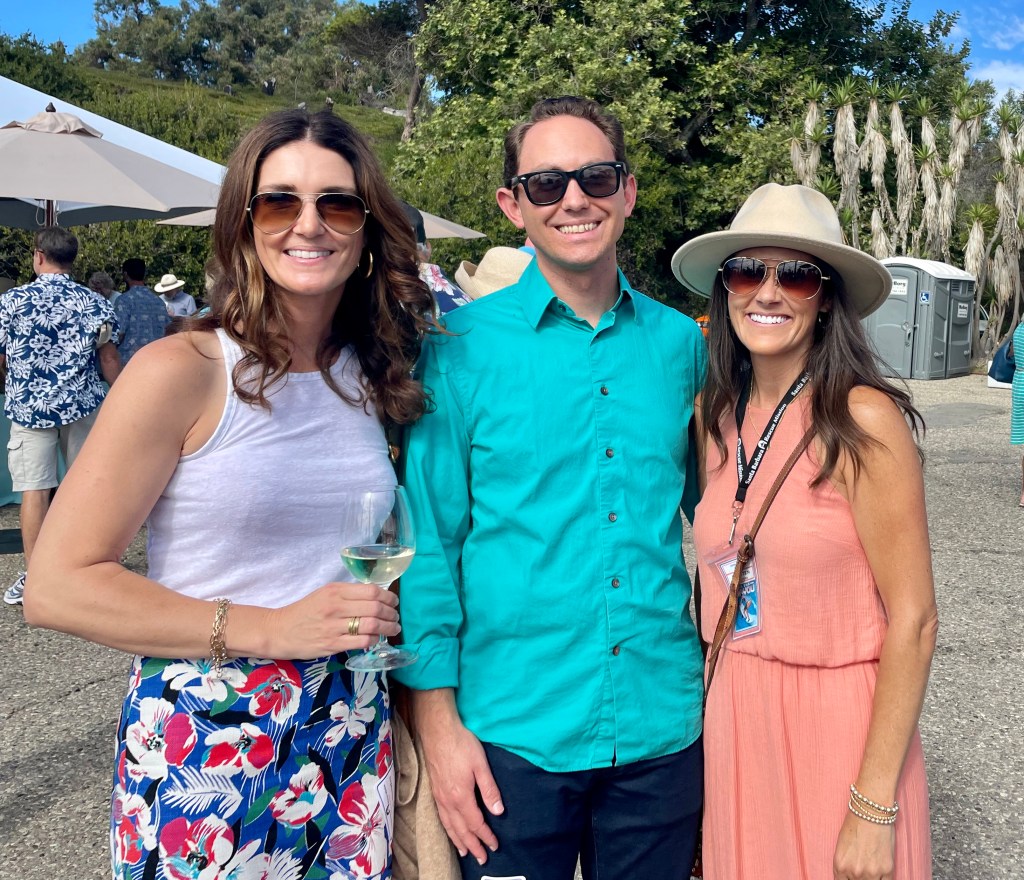
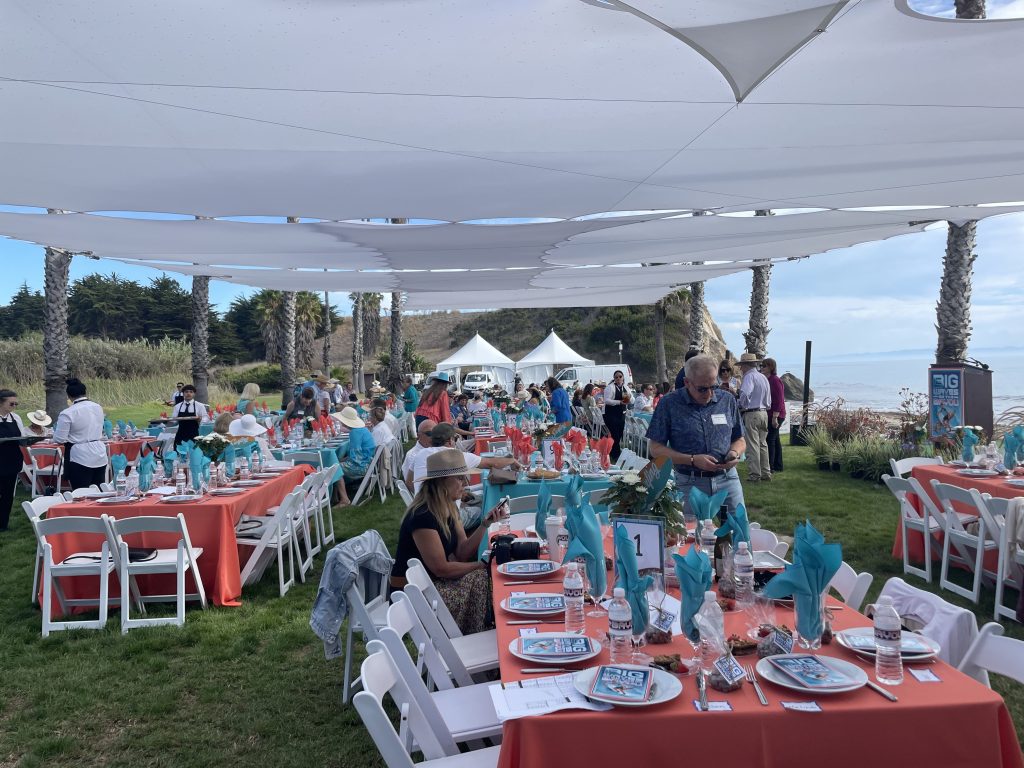

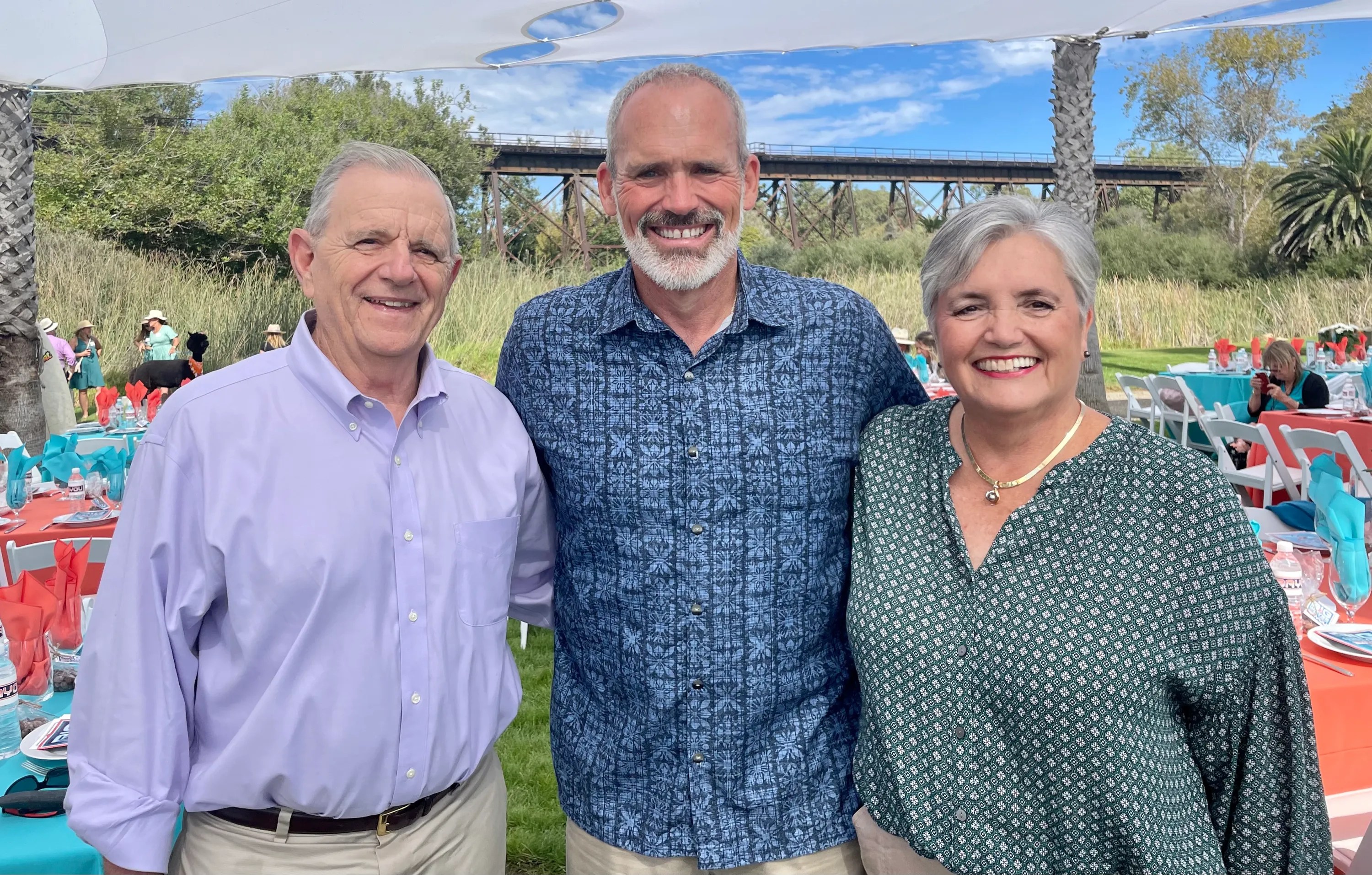



You must be logged in to post a comment.